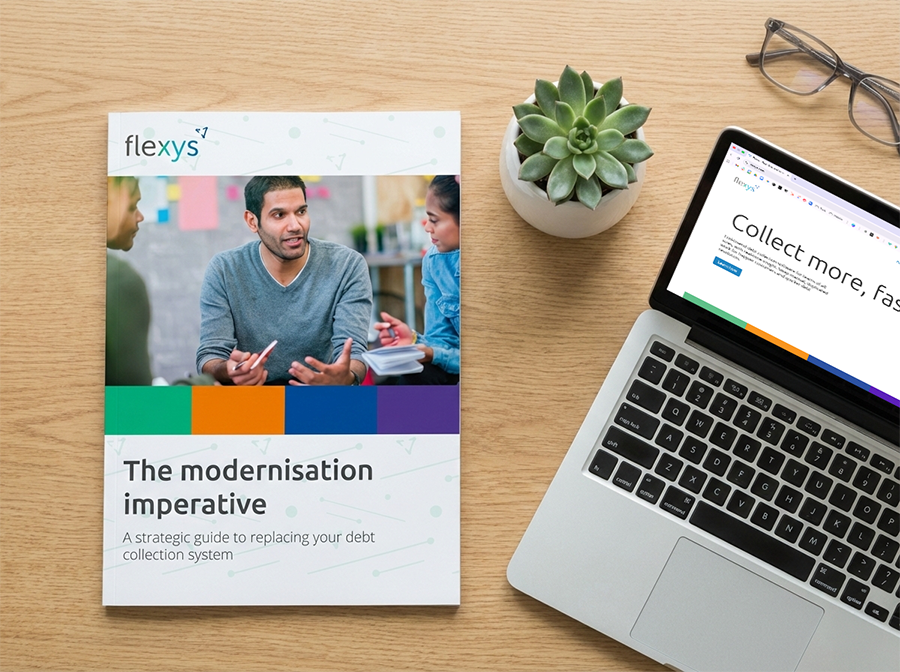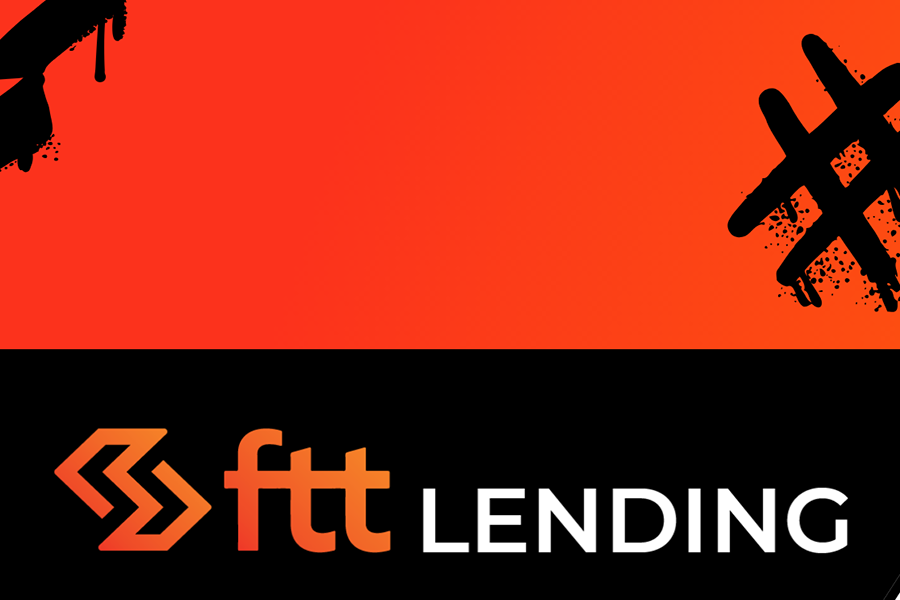How can credit unions reduce late payments without losing member trust?
When a member falls behind on payments, it represents not just a financial risk but a person in potential distress - someone who joined your community seeking financial support and stability.
The mutual difference in debt collection
Credit unions have a unique connection with their members, one that goes beyond the typical lender-customer relationship. When members fall into arrears, mutuals face a delicate balancing act: recovering funds effectively while preserving the trust and community spirit that sets them apart from mainstream institutions.
This difference shapes how they approach collecting debt. While commercial banks might prioritise immediate recovery, mutuals want to protect the long-term relationship with each member and the community reputation at the heart of their business model.
Offering early help: the basis of compassionate debt management
The most effective way to manage arrears begins before payments are missed with an early warning system that identifies members showing signs of financial stress, helping you to engage as early as possible.
Key early intervention strategies:
- Let members know what support is available - regularly offer a range of support options, including income maximisation checks, ways to share vulnerable circumstances, information about debt advice and money management education – before members miss deadlines.
- Watch out for signs of vulnerability - Analyse transaction patterns to identify members who may be struggling (e.g., increasing use of overdrafts, savings being used up, or unusual spending patterns).
Read more about how technology can help vulnerable members
- Make the first move - Reach out to potentially vulnerable members with sensitive, supportive messaging that lands at the right time.
Making it easy for members to find help shows that you're actively looking out for members' financial well-being rather than simply reacting to problems once they happen.
It all starts with good communication
When a member falls into debt, how you communicate can matter as much as what you say. The tone, timing, and channel you use really impacts how members' feel and how they respond.
What works:
- Stay human - Technology helps you collect debt efficiently, but you'll want to to maintain a human tone even in online comms.
- Show you care – Frame messages as financial education and support rather than just demands for payment.
- Be where your members are – Offer all the channels (online, text, email, app, phone, in-person) that members use in their everyday lives.
- Make it easy – Make sure all your messages are easy to read and that the financial side of things can be understood by everyone.
Read more about why financial communications need to change.

Use tech to help, not to take over
Today's debt management software helps you to manage member debt much more effectively. However, technology should be used to build on your community-focused approach, not replace it.
Technology as a trust-builder:
- Self-service options – Offer members easy-to-use online tools to manage their situation. Many prefer digital options, especially if they're uncomfortable discussing debt over the phone.
Read more about inclusive digital solutions
- Let data help you connect with members - Collections software uses analytics to help you understand your members and send personalised messages. This approach gets a much better response and helps you find better solutions more quickly.
- All-in-one debt support – Go for debt management software that bundles in financial wellbeing tools, like ways to boost income and connections to independent debt advice. Members will find it much simpler to get the help they need when everything's easily accessible in one place.
Organisations that have self-service options typically report high levels of member satisfaction. This forms a part of member support and doesn’t mean you have to do away with in-person help for those who want it.
More than just numbers: assessing outcomes
While reducing member debt is important, mutuals also use broader measures to show their community focus, such as:
- Member retention – Track how many members who experience arrears remain with the mutual long-term.
- Financial wellbeing – Measure changes in members' overall financial health following support efforts.
- Direct feedback – Encourage members who have been through the collections process to tell you about how it went for them.
- Resolution rates – Monitor how well debt repayment plans worked.
Seeing compliance as an opportunity
Compliance can be a huge burden on a small organisation, but the FCA's Consumer Duty regulations and other requirements can be viewed as frameworks that align naturally with the mutual ethos. By embracing these standards, mutuals can strengthen their support-first approach to managing member debt.
The Consumer Duty's focus on fair value, avoiding foreseeable harm, and enabling consumers to pursue financial objectives goes hand in hand with a mutual's mission.
Working together for lasting answers
No mutual exists in isolation. Building partnerships with other organisations, debt advice charities, local support services and fintechs can create better solutions for members in financial difficulty.
Partnerships can help:
- Make it easier to access debt advice organisations like StepChange or Citizens Advice.
- Support community financial education projects that address the root causes of debt.
- Get access to enterprise-grade technology to get rid of repetitive work, personalise communication, and expand reach through a range of popular channels.
Conclusion: Trust is your most valuable asset
Debt collection isn't just about recovering funds; it's about recovering members' financial well-being and continuing the cycle of mutual support that has sustained these institutions for generations.
When a member falls into arrears, the question should be "How do we help our member back to financial health while protecting our community's resources?"
Answer that question successfully, and both arrears reduction and trust building will naturally follow.



.png)
.png)

